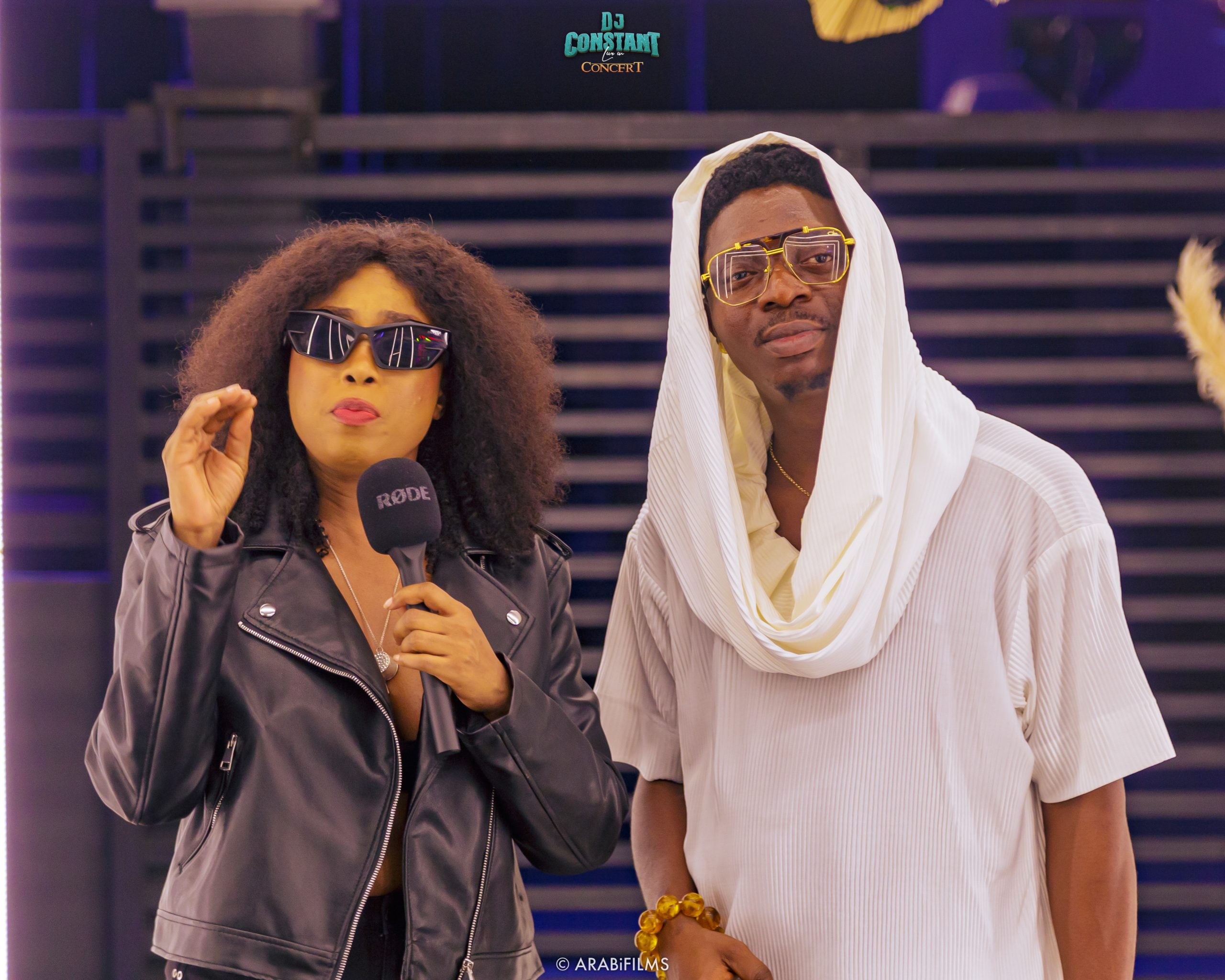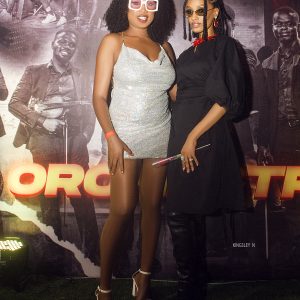Hey there, fellow TV lovers! It’s your girl, Ermandha, and I am beyond thrilled to be writing this editorial about a topic that’s near and dear to my heart: defending the awesomeness of being a TV presenter!

I mean, let’s be real – how many times have I heard, “Oh, you’re just a TV presenter…that’s not a real job!” Um, excuse me? Not a real job? I’d like to see you try to charm an audience of millions, think on your feet, and make complex information sound sexy and engaging all at the same time!
As a TV presenter, my job is to inform, educate, and entertain. I’m a storyteller, a communicator, and a performer all rolled into one. I get to meet fascinating people, visit incredible places, and share my passion with the world. And, let me tell you, it’s not all glamour and glory – there are long hours, tight deadlines, and plenty of hard work that goes into making those 30 minutes of airtime look effortless.
But, here’s the thing: being a TV presenter comes with its fair share of sacrifices. My eating habits, for instance, have had to undergo a drastic transformation. Gone are the days of devouring spicy curries or pungent Nigerian delicacies – anything that could potentially cause bad breath or, heaven forbid, a stomach upset on live TV! My diet is now a strict regimen of bland, easily digestible foods (yawn!). And don’t even get me started on the coffee – a presenter’s best friend, but also a notorious culprit when it comes to stains and jitters!
And then, of course, there’s the schedule. Forget about having a social life or, you know, actual weekends. My days are filled with rehearsals, script readings, and endless meetings with producers and directors. I’ve lost count of the number of birthdays, weddings, and other important events I’ve had to miss because of work commitments. Yes! You know there are many entertainment industry centered events to cover in Lagos during the weekends. I won’t go into details sha. If you know you know.
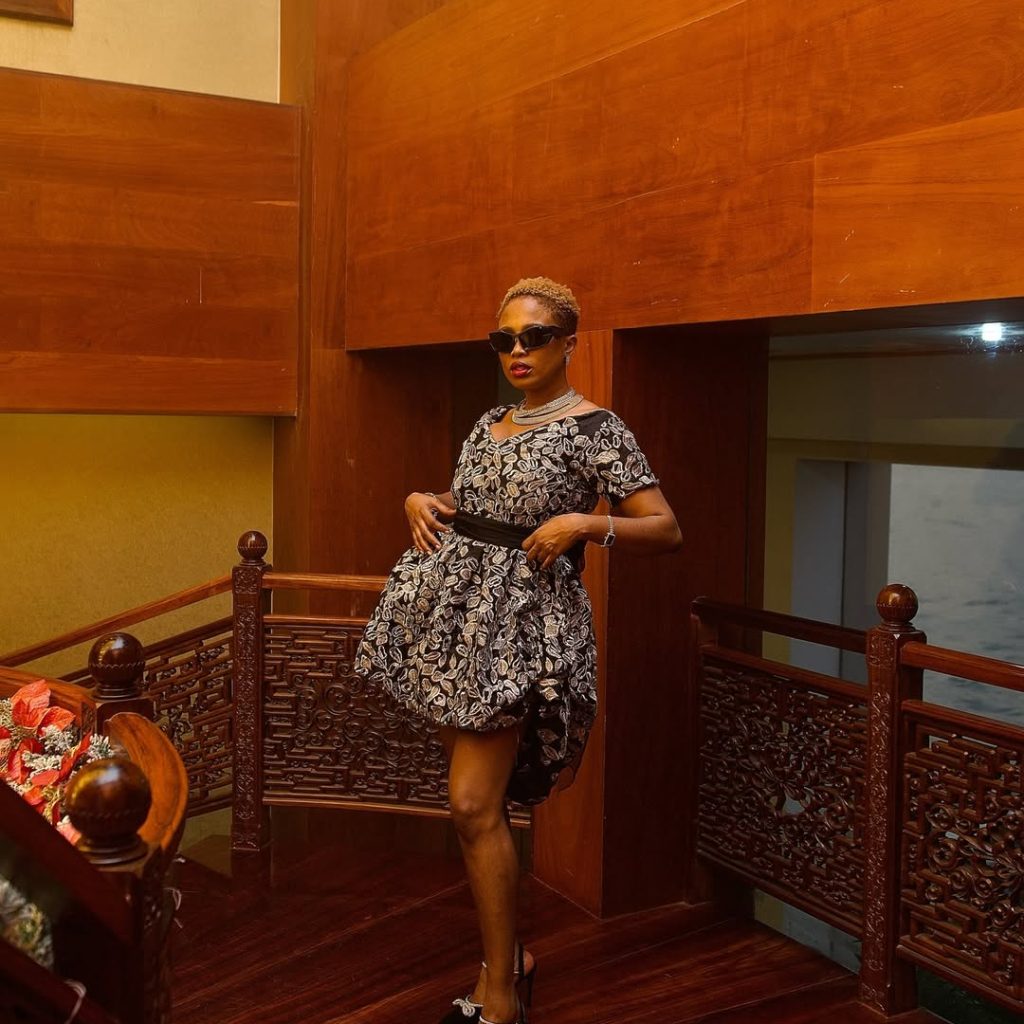
But perhaps the toughest sacrifice of all is having to rein in my opinions. As a presenter, I have to maintain a neutral, unbiased stance on pretty much everything. It’s hard not to get passionate about the topics I’m discussing, but I have to be careful not to alienate or offend any segment of my audience. It’s a delicate balancing act, but one that’s essential to maintaining my credibility and integrity as a presenter.
And let’s not forget the constant scrutiny! Every move I make, every word I utter, is under the microscope. One wrong step, one misplaced comment, and it’s all over social media. The pressure to be perfect is overwhelming at times, but it’s also what drives me to be the best presenter I can be.
But what people often don’t realize is that being a TV presenter requires a unique combination of psychological prowess, emotional intelligence, and people management skills. I have to be able to think on my feet, read people’s body language, and navigate complex social dynamics – all while maintaining a calm and composed exterior. It’s a bit like being a therapist, a diplomat, and a performer all rolled into one!
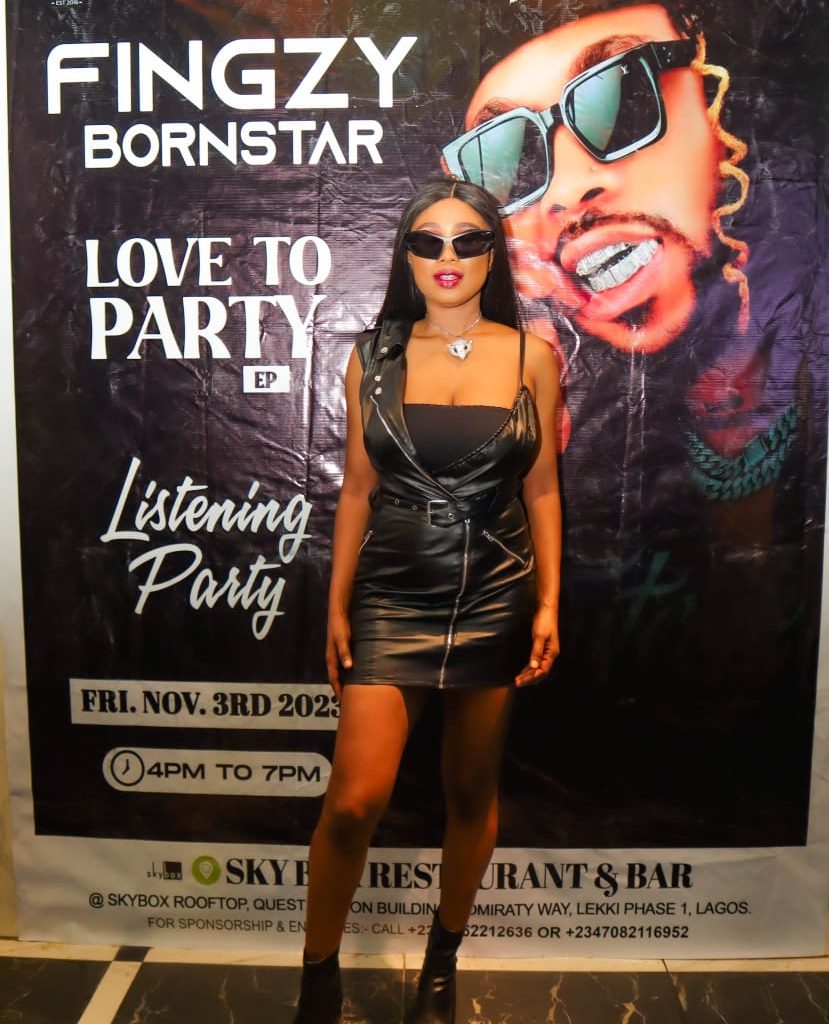
I need to have the emotional IQ to empathize with my guests, to understand their perspectives, and to create a safe and supportive environment for them to share their stories. I need to be able to manage my own emotions, too – to stay calm under pressure, to handle criticism and feedback, and to maintain a positive and professional attitude even in the face of adversity.
And then, of course, there’s the intelligence and wit required to research and write engaging scripts, to think critically and analytically, and to come up with creative solutions to complex problems. It’s a bit like being a journalist, a researcher, and a writer all rolled into one!
So, to all the naysayers out there, I say: being a TV presenter is absolutely, positively, without-a-doubt a real job! It’s a job that requires skill, talent, dedication, and a unique combination of psychological prowess, emotional intelligence, and people management skills.
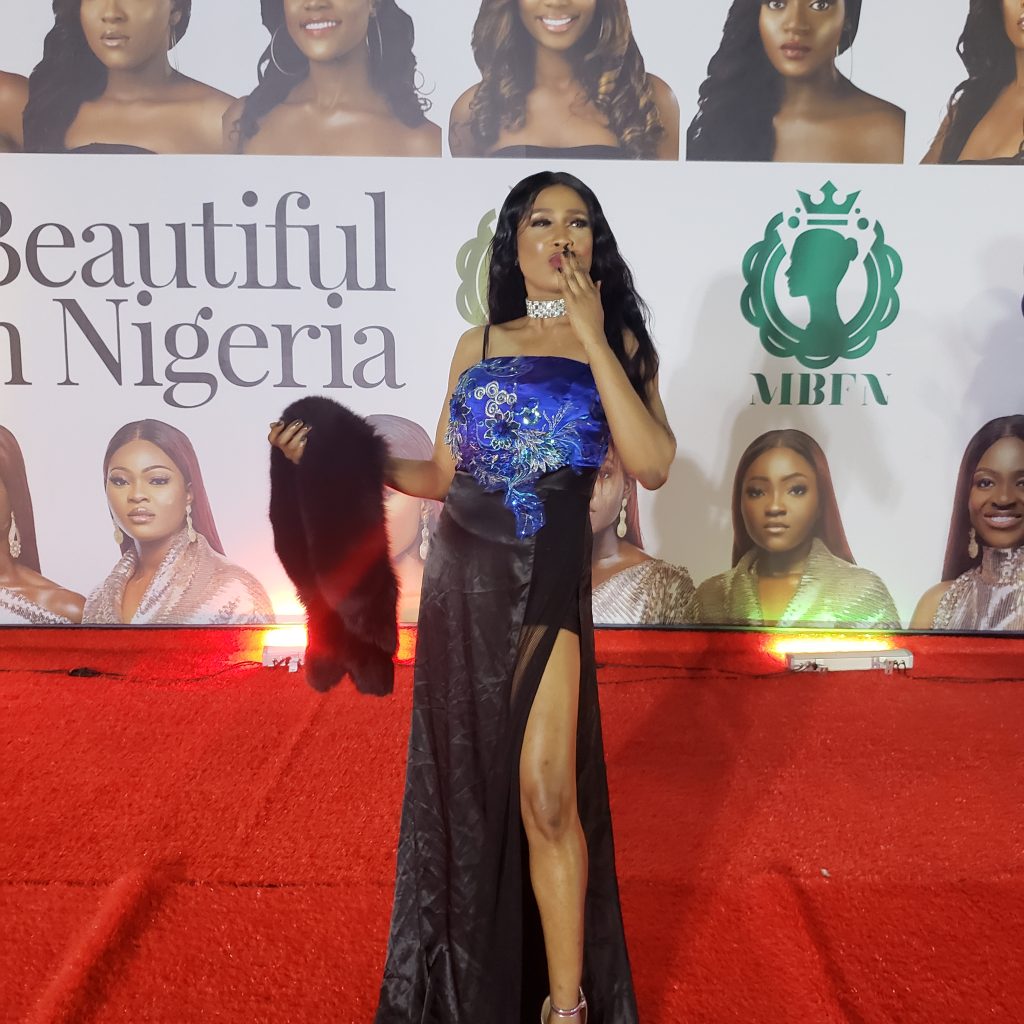
In conclusion, I’m proud to be a TV presenter, and I wouldn’t have it any other way. It is also a great way to build connection with others in the industry. You may even get to share ideas or work on a project with renowned celebrities at a discount or for free sef. So, next time someone asks you what you do, and you say, “I’m a TV presenter,” hold your head high, smile proudly, and say, “Yeah, it’s a real job, and I’m rocking it – even with the boring food, lack of social life, and constant scrutiny!”
